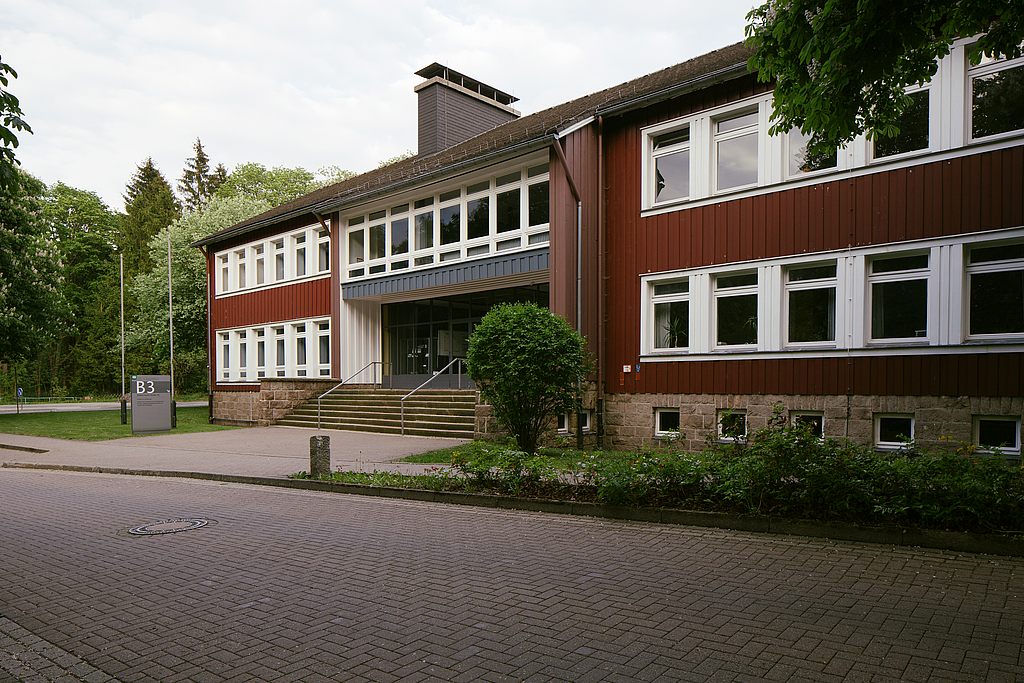Teaching
The Institute of Metallurgy was created in 1999 from the merger of the formerly independent Institutes of Theoretical Metallurgy, Ferrous Metallurgy and Foundry Technology, Metallurgical Metallurgy and the Institute of Material Forming and since then has been working on metallurgical issues from ore digestion to surface treatment under one roof. After a long period of vacancy, the Materials Forming Department was reoccupied in 2000 by its current director, Prof. Dr.-Ing. Heinz Palkowski.
The research focus of the Chair of Material Form ing is on the production and shaping of metallic and hybrid semi-finished products. The development, processing and characterization of materials with the aim of adjusting their (required service) properties play an essential role. Furthermore, basic investigations in materials and process technology as well as the modeling and simulation of material properties and forming processes belong to the portfolio of the chair.
Current research focuses on the development of steel materials and hybrid materials. In addition to studies on the bake-hardening behavior of hot-rolled multiphase steels, the development and application of bainitic ste els is given special consideration, as is the use of ADI steels in forming technology. The effect of the incorporation of impurities on the material properties in sheet materials is investigated using examples of MMC-reinforced aluminum alloys.
In addition, the manufacture and processing of sandwich materials forms a major pillar of research activity. With the aim of saving weight, creating functionalities and optimizing properties, 3-5-layer sheet sandwich composites are developed and designed as a combination of metallic cover sheets and polymer cores - or vice versa - which can be unreinforced or CF- or GF-reinforced. This is not only for applications in the automotive sector, but also in special developments for biomedical applications.
In the area of production technology, investigations are carried out into the in-line adjustment of geometric tolerances in tube drawing, in particular eccentricities, as well as investigations into hot and cold roll cladding.
The range of courses offered is broad and is aimed at students of metallurgy, especially forming technology, mechanical engineering, materials science and materials technology, industrial engineering and all those who wish to study the processes involved in forming technology. All activities are characterized by close contact with industry.
Further education measures and services in the field of research, development and analysis complete the offer of the chair. A well-equipped metallography, a wet chemistry laboratory and a mechanical materials testing facility are available for analysis.
